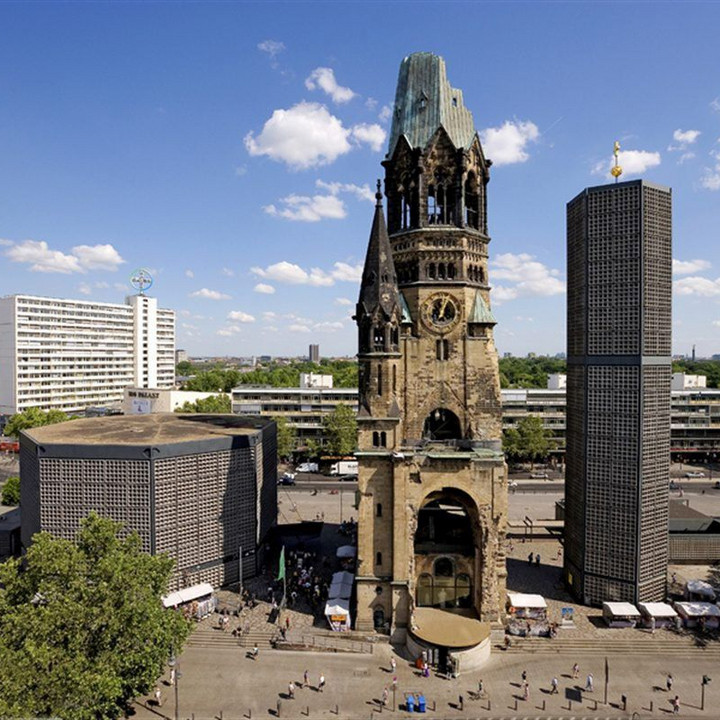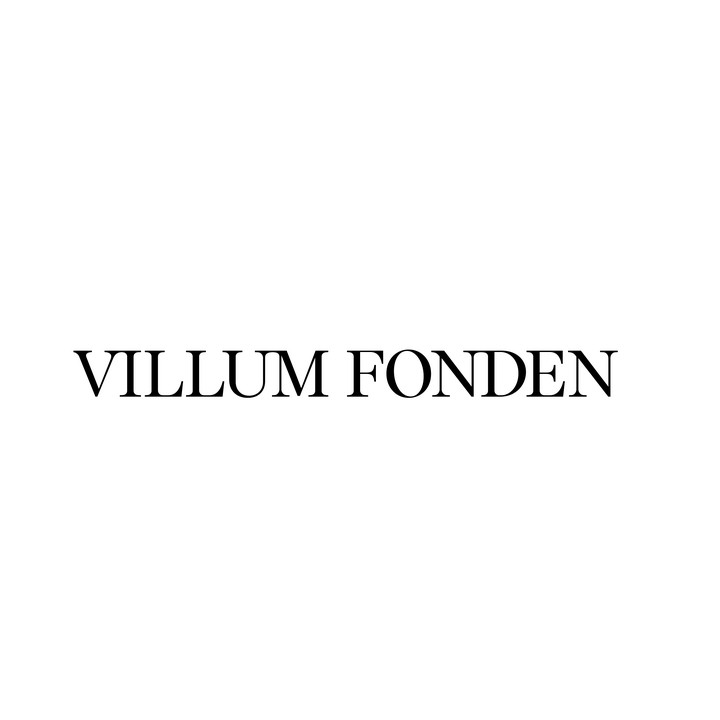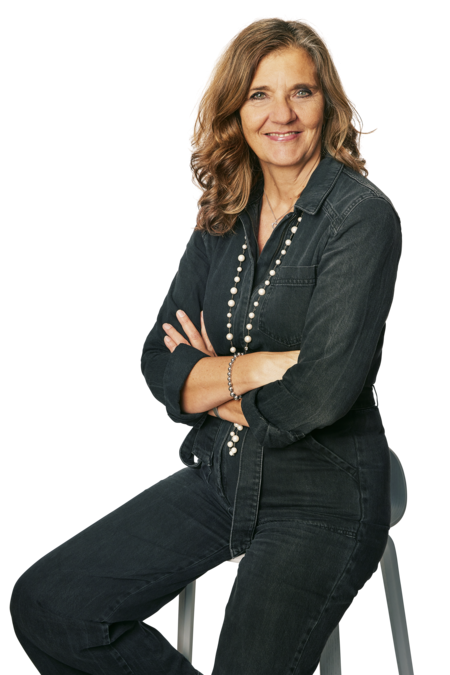New report: Engaging children and youth in science

Danish families use encounters with nature to create shared experiences with their children, allowing them to navigate nature, sense it, and appreciate it. A new report provides schools' science education with knowledge to grasp and build upon the cultivation and interest that students come with.
The first round of results from the SCOPE study shows that Danish children and young people have a wealth of scientific knowledge from home in the form of cultivation. The project's findings support the work of the Villum Foundation in the area of Children, Youth, and Science, with the goal of contributing to more children with a strong scientific background.
"We've been very excited about the results of the study, which provide a unique insight into what natural sciences and science mean to children and young people. And how much it occupies their everyday lives," says Program Director Agi Csonka.
The SCOPE study will follow and illuminate for 10 years, until 2030, what determines children and young people's interest and motivation for science. It will also look at the young people's educational choices, the importance of parents, and the social networks of children and young people. The large national study aims to provide new knowledge about children and young people's interest in and participation in natural science and technology, and the barriers that prevent some of them from engaging in natural science.
And now, the first results are emerging.
About SCOPE
The research project SCOPE aims to support that all children and young people have equal opportunities to develop resources in nature, technology, and health. This is done by collecting and analyzing both quantitative and qualitative data on how children develop resources to know, think, and do something related to the sciences. Students in approximately 100 primary schools, around 40 high schools, and all vocational schools nationwide are being followed.
VILLUM FONDEN and the Novo Nordisk Foundation have jointly allocated DKK 21.3 million for the study. SCOPE is conducted in collaboration with several partners:
- VIVE - The National Research and Analysis Center for Welfare
- Department of Science Education at the University of Copenhagen
- University College Copenhagen
- VIA University College
- The national science center Astra
Schools can combine cultivation with education
The report provides suggestions on how the school's natural sciences and teaching methods can be developed to further build on the value of what children bring from home in terms of science capital.
For instance, inquiry-based and problem-based teaching often has limited space. Perhaps the opportunity in these teaching methods to support students' curiosity can bridge the gap between students' pre-existing interests and the science learning of concepts, processes, etc. Students themselves experience that one must be quiet, listen, take notes, etc., to excel in the natural sciences. They don't talk much about the importance of being curious and inquisitive.
"However, we see that schools want to work in an investigative and problem-based way. And there are many good examples of it happening out there. But it takes time to spread it widely. It requires new things from the teachers, and the framework must allow for it," says Chief Analyst at VIVE, Martin Hindsholm, who is a co-author of the report.
Another sign that children's scientific cultivation can be better integrated into the school's education is that children find it difficult to see how what they learn in school relates to themselves outside the classroom. The study finds potential for teaching to be more closely tied to students' interests, experiences, and local environment. This may help students see that they actually have resources, and that their experiences at home and in their free time have value in the sciences.
Socioeconomic background only becomes significant in school
Parents' educational background and income are not strongly correlated with their children's science capital. However, knowledge from many previous studies shows that parents' socioeconomic status typically has a significant impact on how well children perform in school.
Boys have more confidence in their science abilities. The study shows that there is virtually no difference in boys' and girls' science capital. On the other hand, the study suggests that more boys than girls have a strong scientific identity, where they can see themselves in science. Boys also, on average, rate their own competencies higher than girls, even though girls generally perform just as well, if not better, in the natural sciences than boys.
From the report:
Science-related activities are integrated into everyday life through families supporting their children's interests, like Fenja, who is in year 6:
"I really enjoy building animals and cars out of cardboard and plastic, especially when we get some new shoes, and then we keep the boxes [...] I also like sewing, and I just generally like doing creative things. And yes, both my mum and dad help me with it."
Frederik from year 6 talks about a module they had on the red deer in nature/technology:
"[...] it doesn't interest me, and then... I can't use it for anything, and so it's just, boring teaching, that's not used for anything [...]"
When the young people occasionally come up with examples of something they have learned that they have experienced using outside of school, it is often very specific, as Natascha from year 8 says:
"There was a time when I thought it was lucky I had learned that. But it was something I talked to my dad about, I think. And then we had a discussion, and then I ended up being right because we had just learned about bacteria in school. I think it was just a name or something like that."
New knowledge opens new possibilities
This initial exploration of children and youth's science capital points to several opportunities in schools' education to support and develop children's broader engagement with technological and scientific developments, as well as the societal and ethical issues they raise. It also emphasizes the need for teaching to be more clearly connected to children's lives and the world around them.
"In VILLUM FONDEN, we support the development of investigative, reality-based education in schools and inspiring science offerings in leisure time. This study documents that both are a good idea, and we will continue with it!" emphasizes Agi Csonka.

Children, youth and science
VILLUM FONDEN's funding for children, young people and science has one main purpose: more young people with strong science capital.




